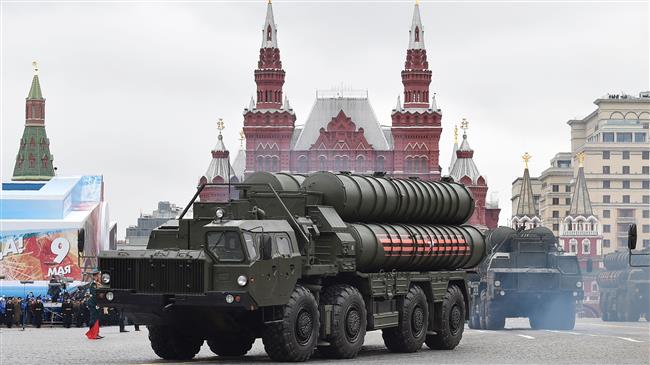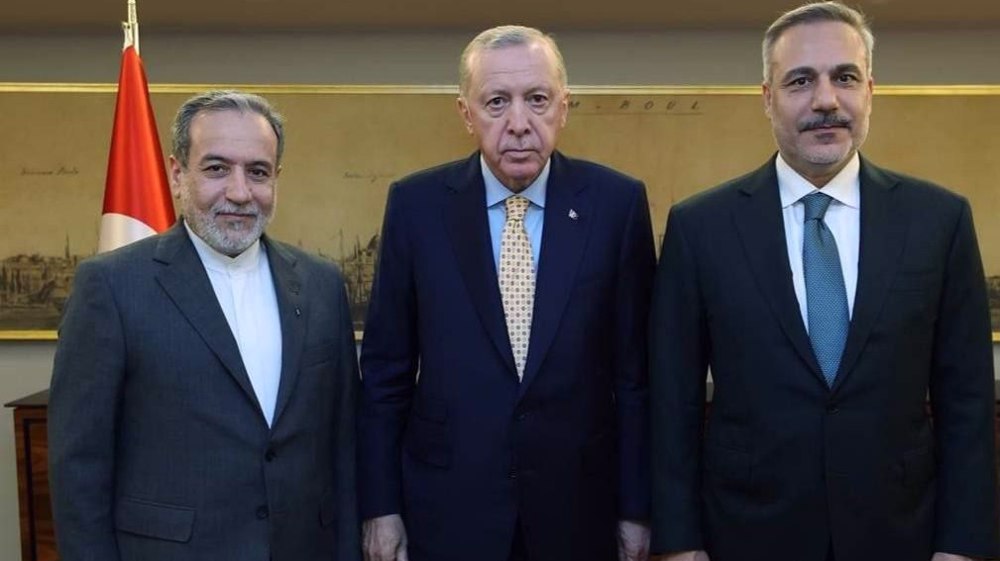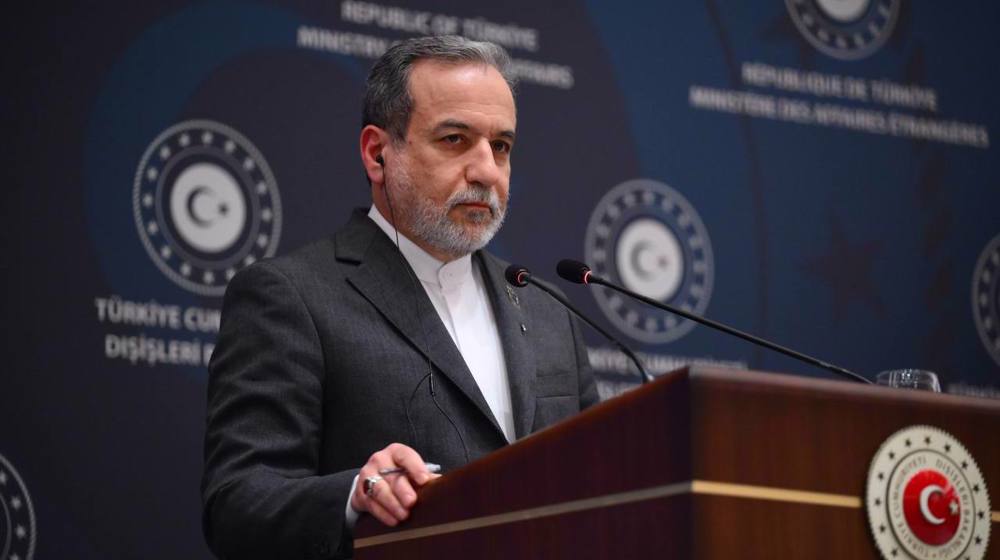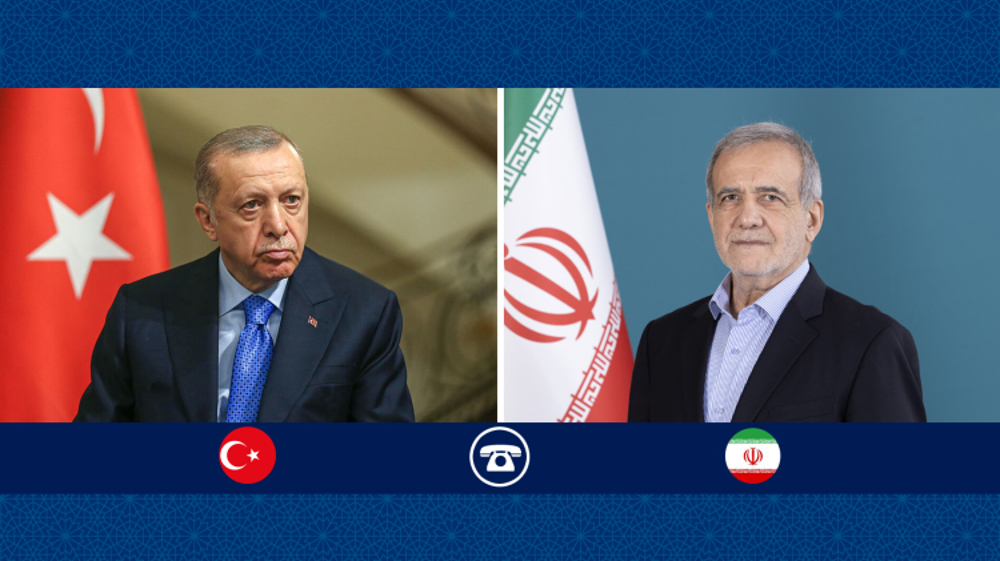Installation of Russia’s S-400 systems to begin October 2019: Turkey
Turkey’s defense chief says the deployment of Russian S-400 air defense missile systems will start next year, despite warnings from the US, a NATO ally, not to buy the advanced missile batteries.
“Work to install the complexes will begin in October 2019,” Defense Minister Hulusi Akar was quoted as saying by Turkish media on Thursday, adding selected personnel would be sent to Russia to receive training.
“Now we are recruiting staff. The selected staff will go to Russia for training in the beginning of 2019, get the necessary knowledge there, then come back and get to work," he said.
Moscow and Ankara finalized an agreement on the delivery of the S-400 missile systems on December 2017. The deal has drawn concerns among some of Turkey’s NATO allies, who claim the missile batteries are not compatible with those of the military alliance.
On April 3, Turkey’s President Recep Tayyip and his Russian counterpart Vladimir Putin said in the Turkish capital Ankara that they had agreed to expedite the delivery of S-400 missile systems. The delivery had previously been scheduled for late 2019 and early 2020.
The S-400 system, whose full name is the Triumf Mobile Multiple Anti-Aircraft Missile System (AAMS), is an advanced Russian missile system designed to detect, track, and destroy planes, drones, or missiles as far as 402 kilometers away. It has previously been sold only to China and India.
Ankara has already begun constructing a site for the S-400 deployment, according to reports.
Washington and its NATO partners have been striving to prevent the sophisticated Russian-built anti-aircraft weapon system from collecting information about the US-made all-weather stealth multirole warplanes, technically known as the Lockheed Martin F-35 fighters, just as they are gaining a foothold in Europe.
The US has warned that any such acquisition would inevitably affect the prospects for Turkish military-industrial cooperation with the US.
Turkey is working to boost its air defense, particularly after Washington decided in 2015 to withdraw its Patriot surface-to-air missile system from Turkey’s border with Syria, a move that weakened its air defense.
Before gravitating towards Russia, the Turkish military reportedly walked out of a $3.4 billion contract for a similar Chinese system. The withdrawal took place under purported pressure from Washington.
Regarding the delivery of US-made F-35 fighter jets, the Turkish defense minister said he did not expect any problems with the delivery of the warplanes, adding that Ankara will receive the third and fourth jets in March next year.
Turkey received the first two F-35s for training purposes in June this year.
‘Our hands are on the trigger’: Iranian army chief warns Israel, US against mischief
Death toll from Israeli attacks across Gaza rises to 29 since dawn
Apple takes over ‘secretive’ Israeli surveillance startup Q.ai
Iran FM: US must abandon threats; Iran ready to respond to aggression
VIDEO | US protesters begin nationwide strike over ICE killings
VIDEO | More than 200 killed in coltan mine collapse in east Congo
Trump’s war posturing against Iran traces back to Bush’s infamous 2002 ‘axis of evil’ speech
ICE agents act as ‘provocateurs’; violence neither accidental nor unprecedented: Analyst











 This makes it easy to access the Press TV website
This makes it easy to access the Press TV website